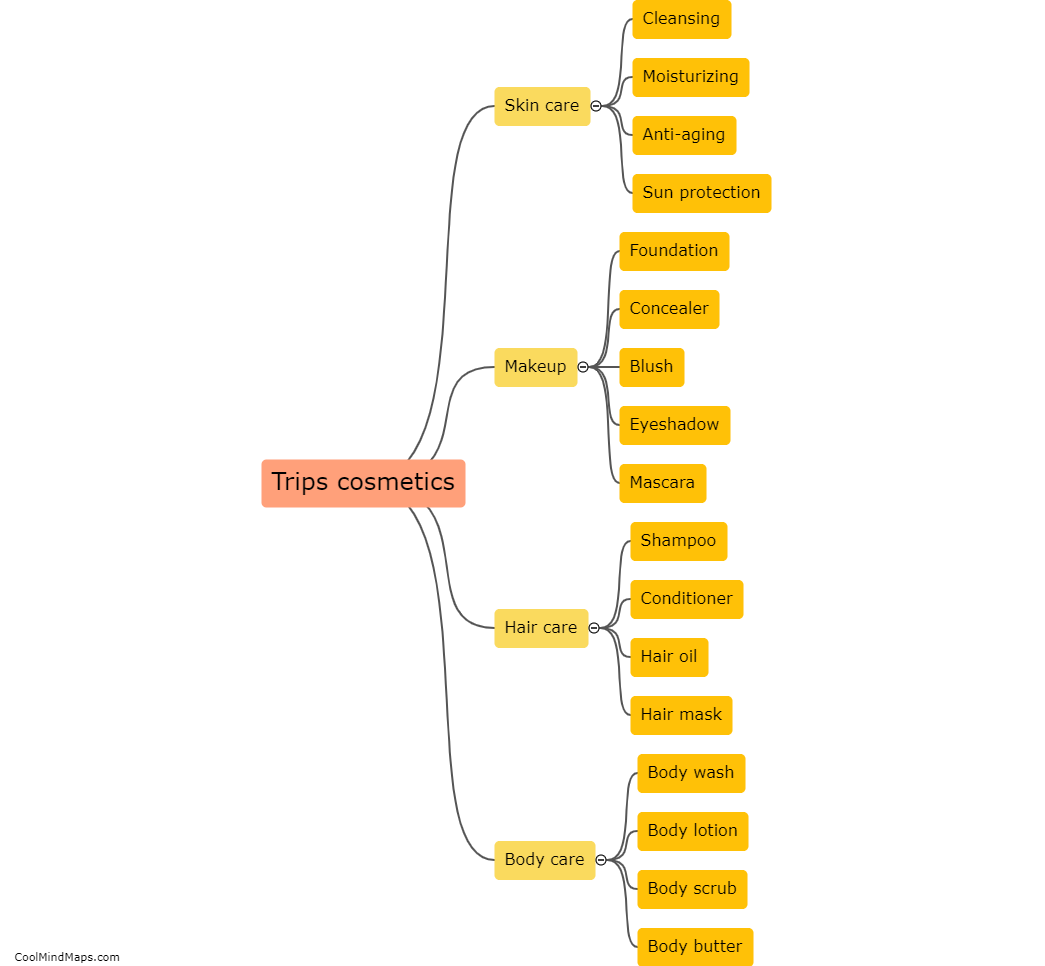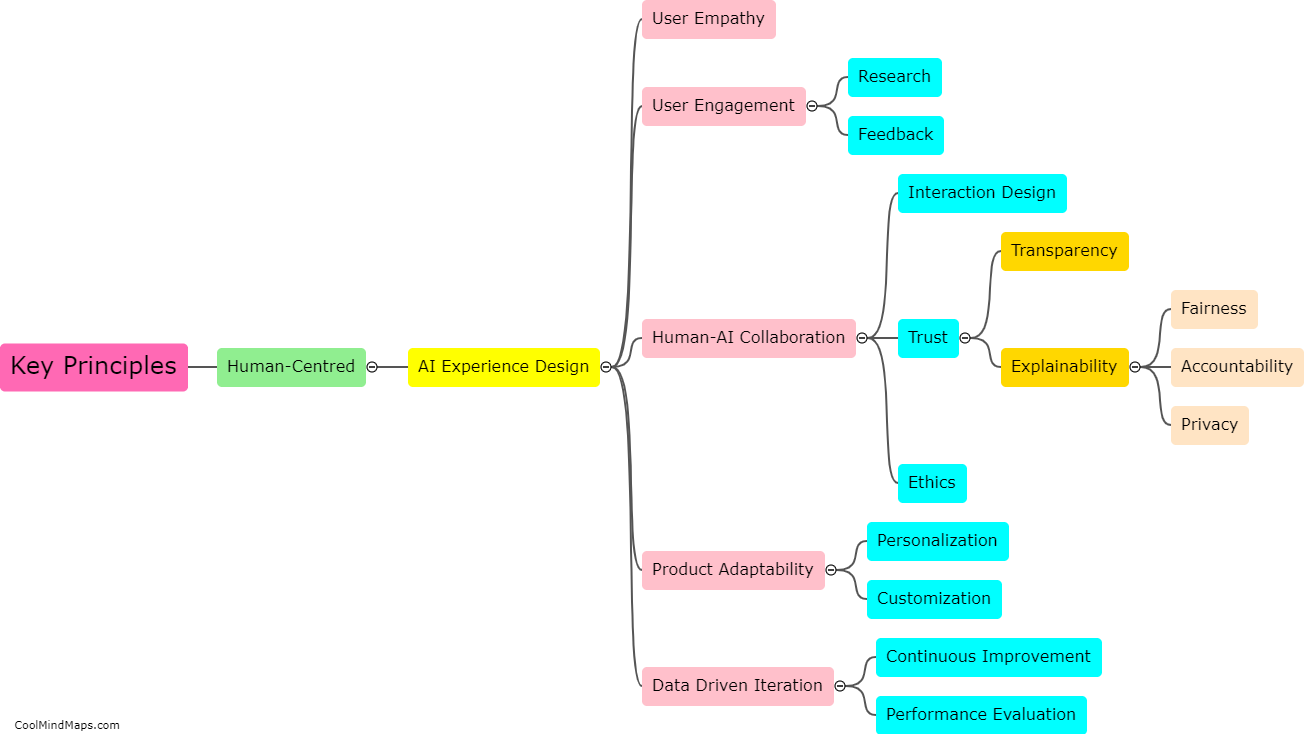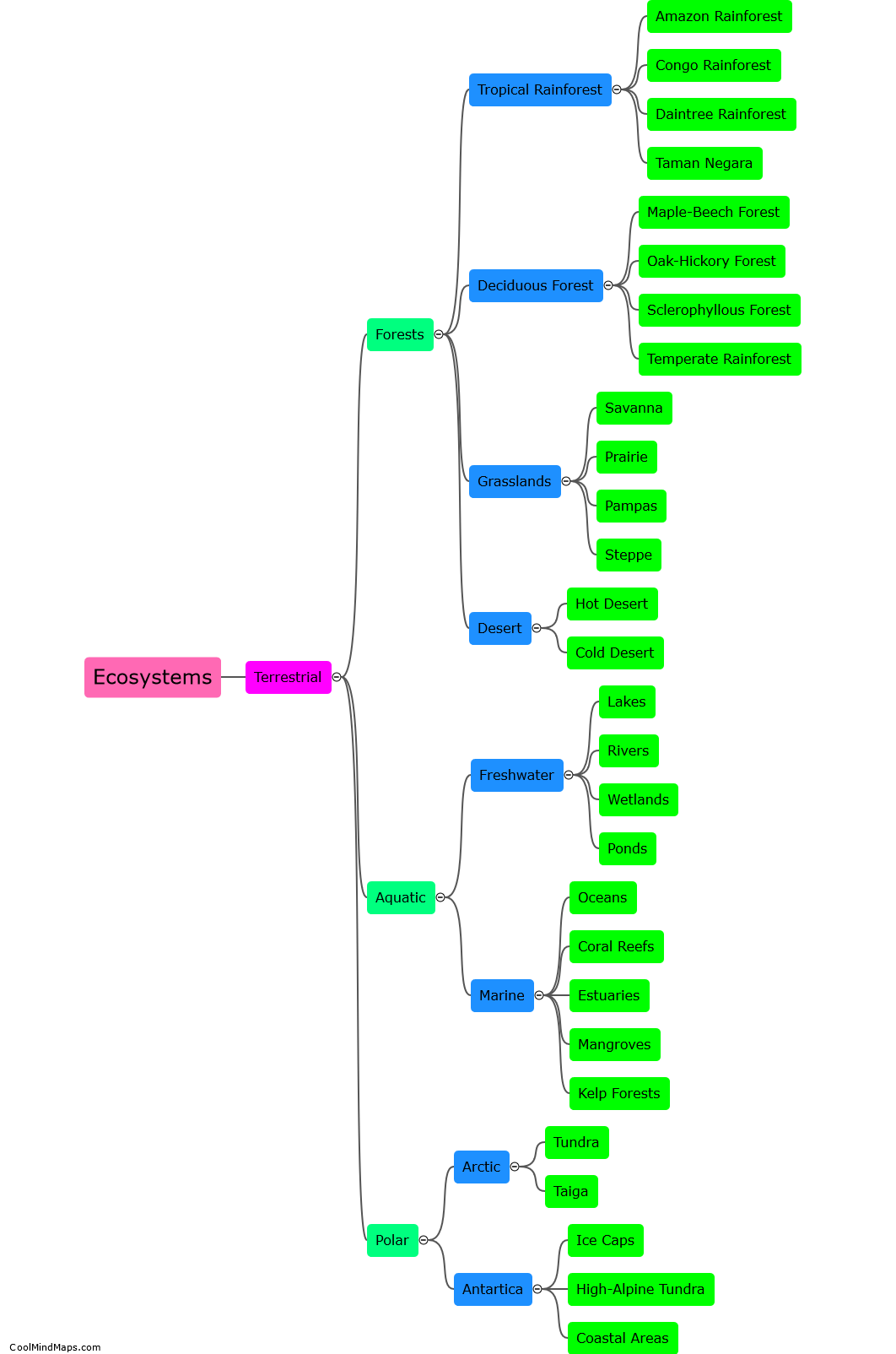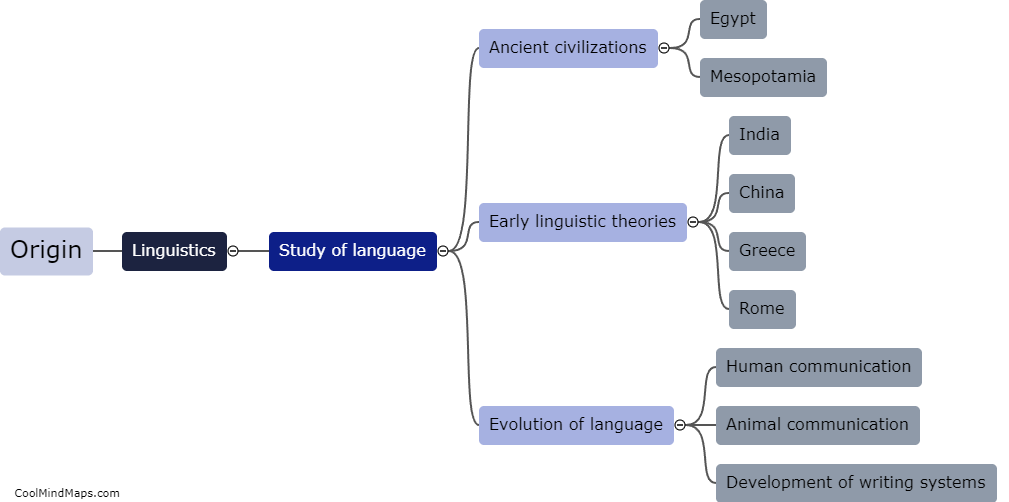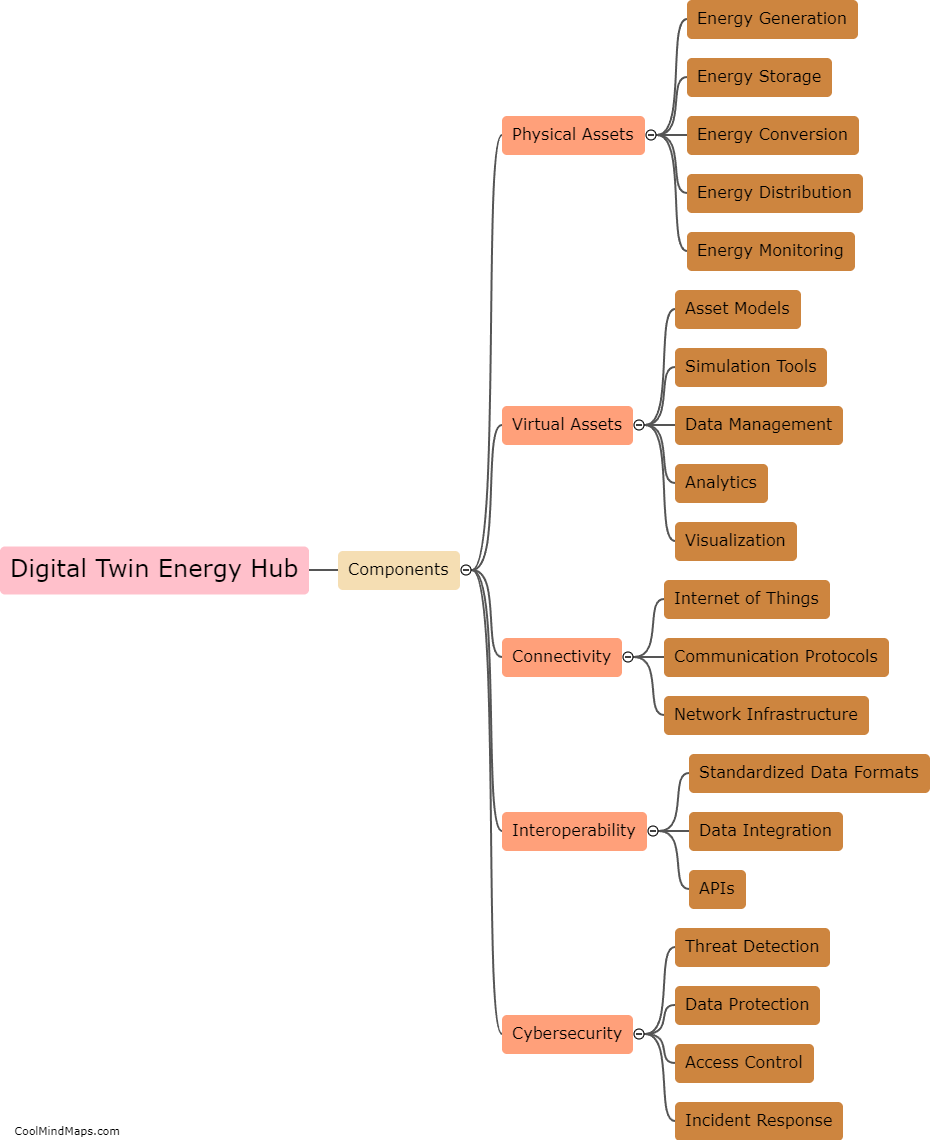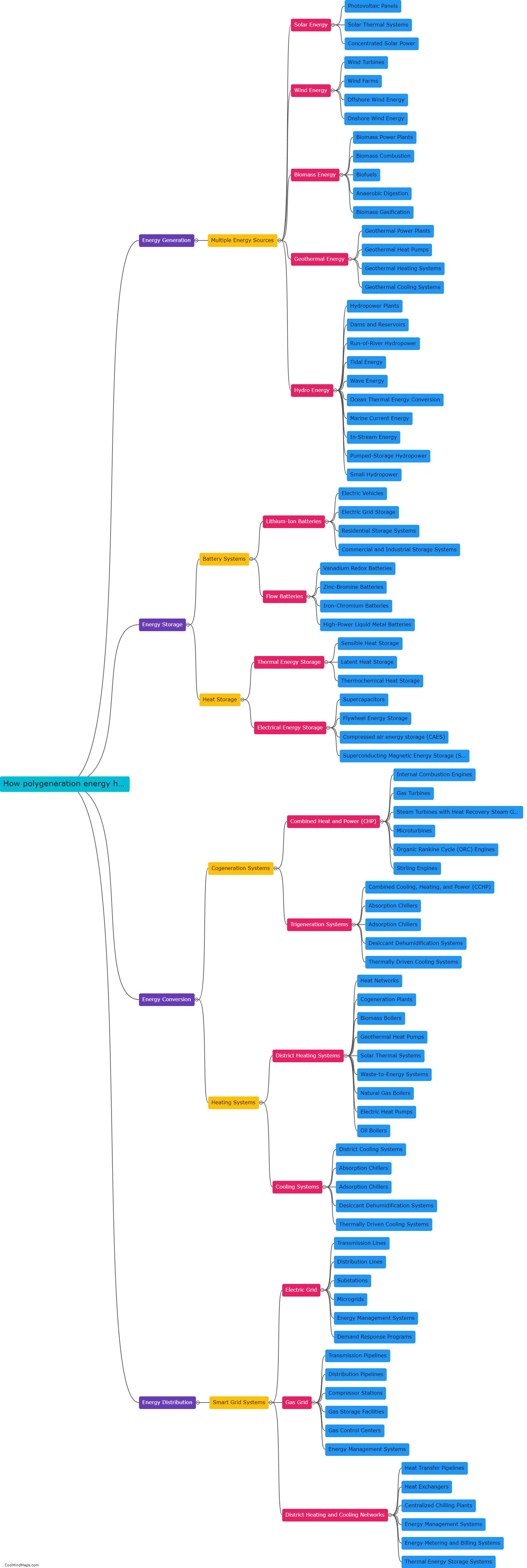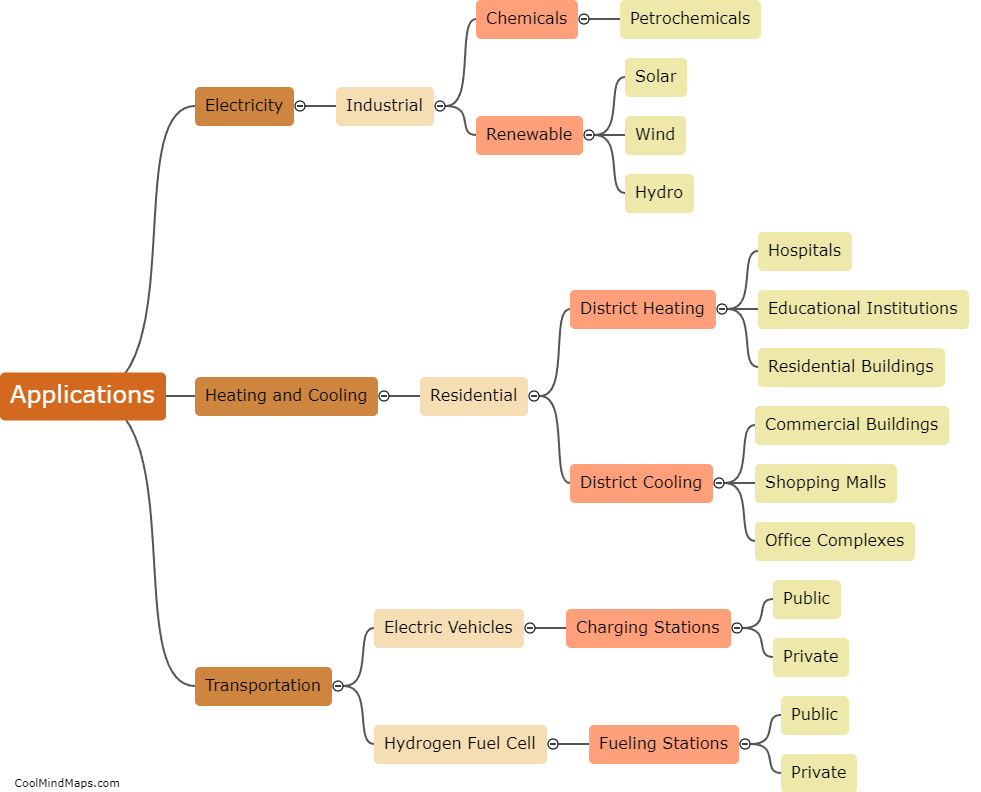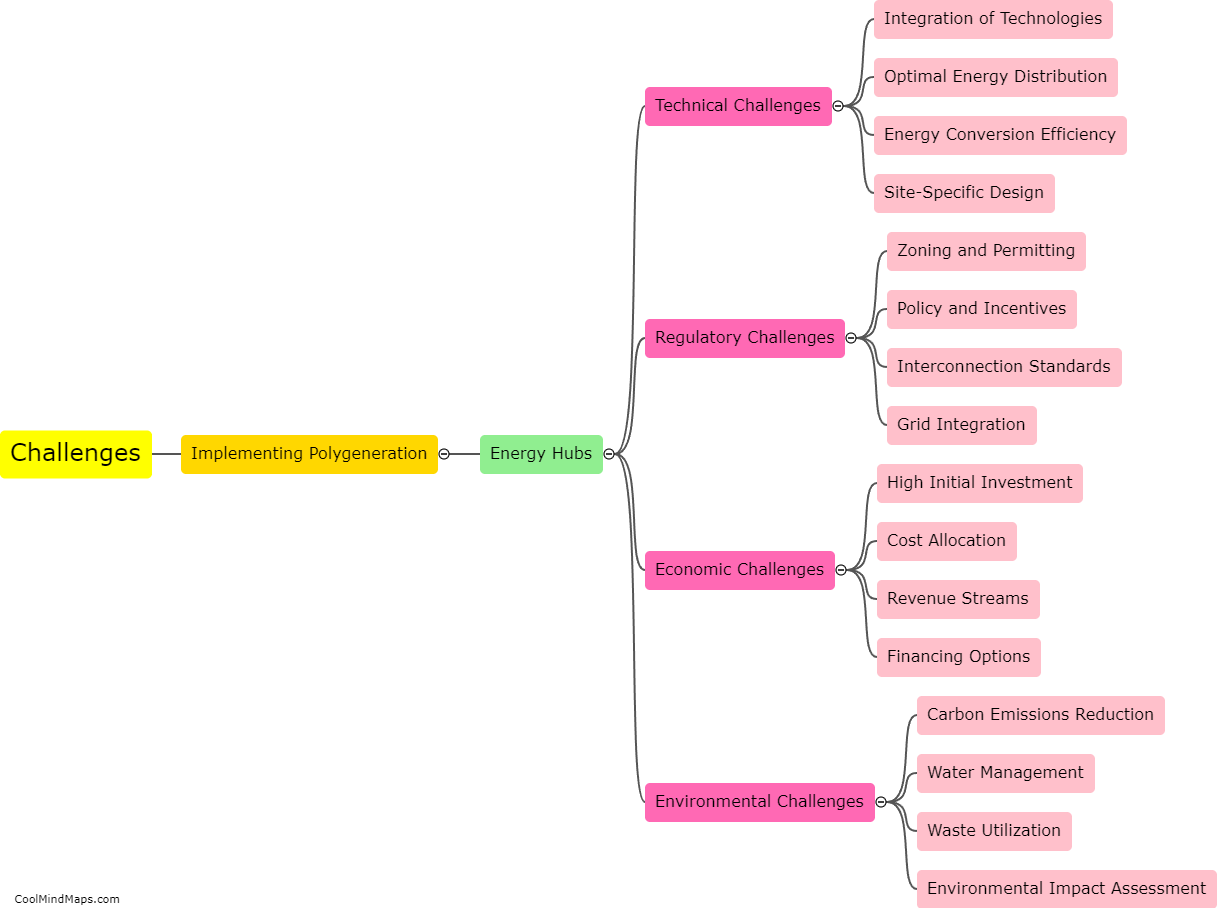Definition of polygeneration energy hub?
A polygeneration energy hub, also known as an integrated energy system, refers to a centralized facility that efficiently produces multiple forms of energy simultaneously. It combines various technologies and resources to generate electricity, heat, cooling, and even other valuable products such as hydrogen or synthetic fuels. The concept revolves around the idea of maximizing energy efficiency and sustainability by utilizing waste heat or by converting different energy forms within a single facility. Polygeneration energy hubs play a crucial role in achieving decarbonization goals, as they enable the seamless integration of renewable energy sources and offer potential for more sustainable and resilient energy systems.

This mind map was published on 26 October 2023 and has been viewed 87 times.
